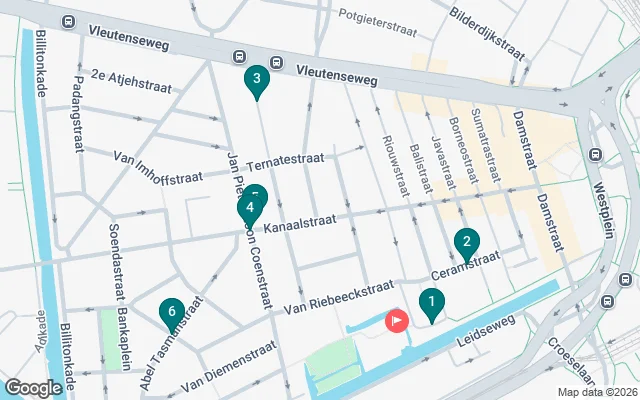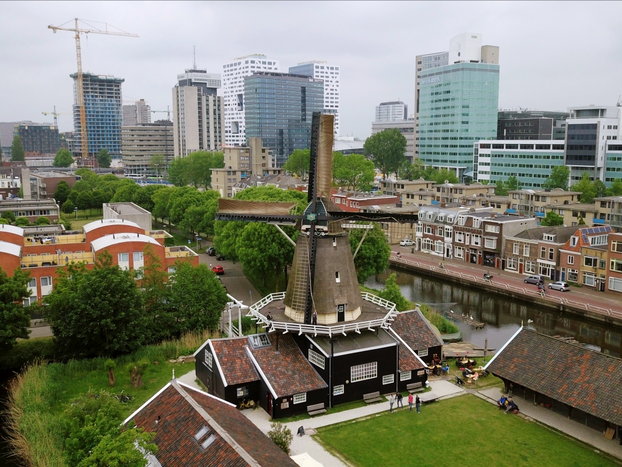
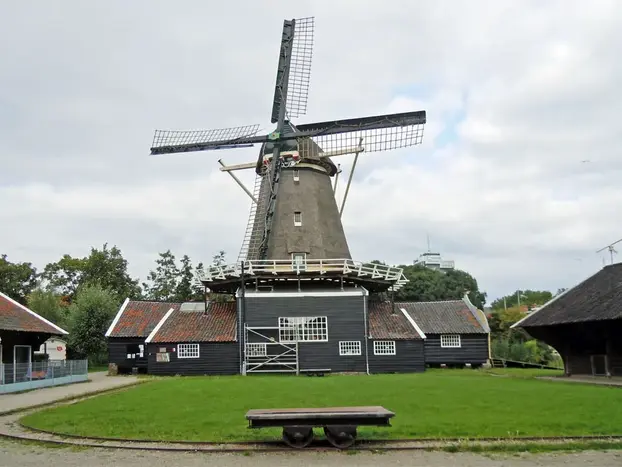
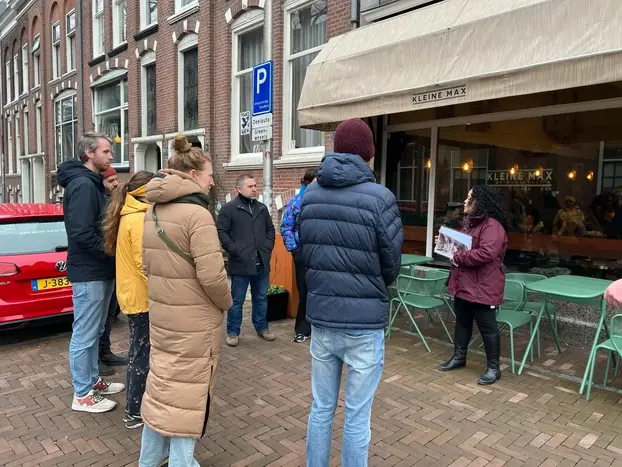
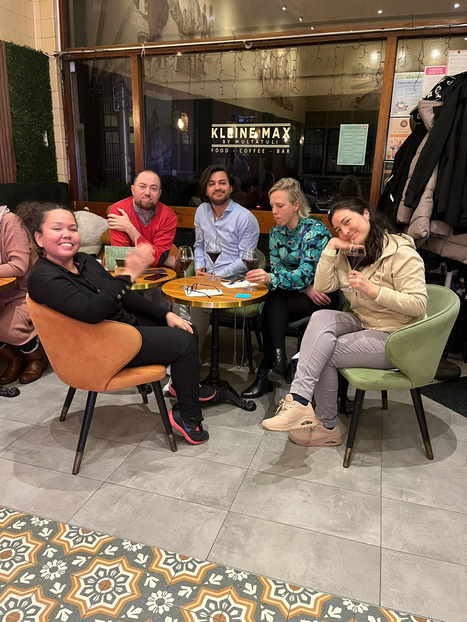
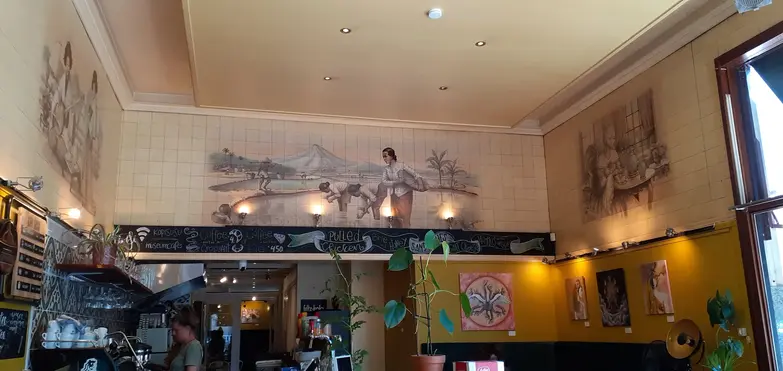
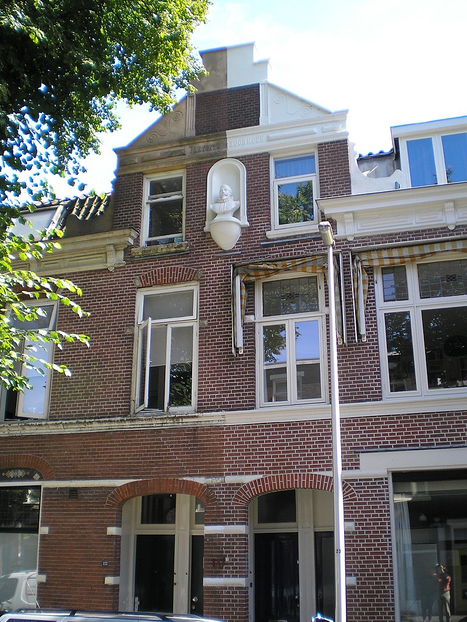
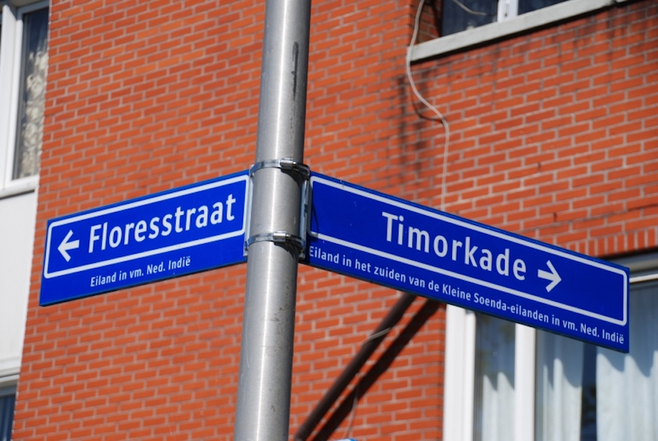
Bittersweet Walk to Dutch Colonial Heritage and Legacy in Lombok
Tour description
Lombok is a very diverse, and multicultural neighbourhood. it was built between 1886 and 1920. The name of 'Lombok' is taken from the Lombok island in Indonesia. In Javanesse Lombok means chilli pepper. Lombok is located in the centre of Utrecht, a five-minute walk from Utrecht Centraal Station.
There was an era called the Dutch Golden Age, from 1588 to 1672. During this era, the Netherlands reached significant achievements in trade, making the Netherlands become a leading economic and superpower country, thanks to the succesful of colonialisation in East Indies, the modern-day of Indonesia.
This walk is the adaptation of the self-guided bittersweet route (bitterzoeteroute) of De Grauwe Eeuw, an organization that against the glorification and romanticizing the Dutch colonial past through landmarks and colonial street names. The aim of this walk is to shed a different light on the Dutch colonial legacy and heritage.
For two and a half hours, I will take you on a journey to 7 stops symbolize different times and places around Lombok that connected to Dutch colonial history in Indonesia, my home country.
as we walk through Lombok, we will visit different places, and i will share historical, personal experiences and stories behind every stop and the connection to Dutch colonial history, its impact on Utrecht, and why it still matters today. The idea of the walk to give complete view of Dutch history, especially parts that are often ignored and forgotten.
I will take you the meet Jan Pieterscoen, the Governor General of VOC that responsible to genoside 20,000 indegenious Bandanesse in Maluku, the modern-day Indonesia.
Get ready for a storytelling guided walking tour that engage dialogue, new perspective, that will take us return to our shared humanity.
What will we see on this tour?
